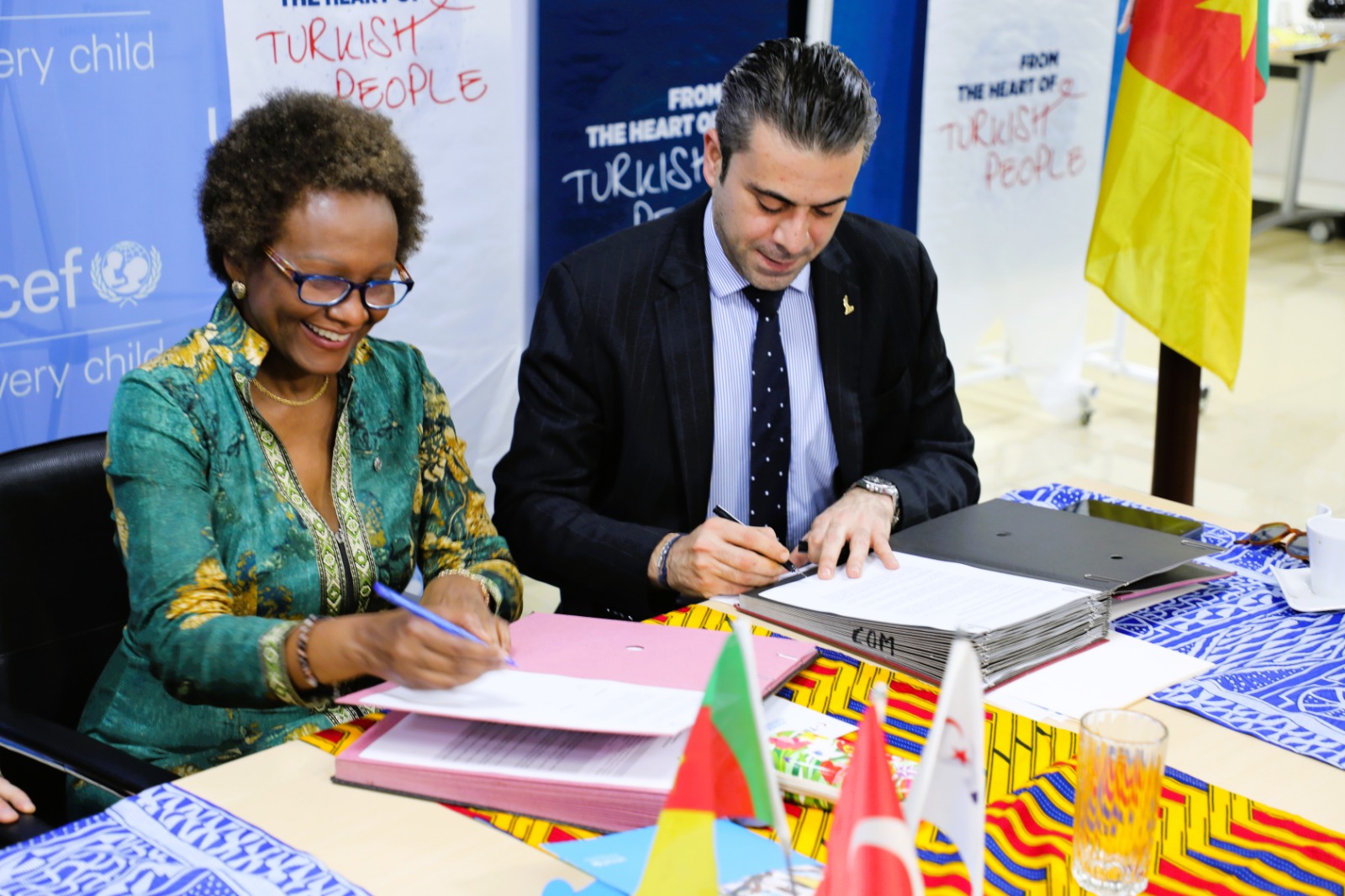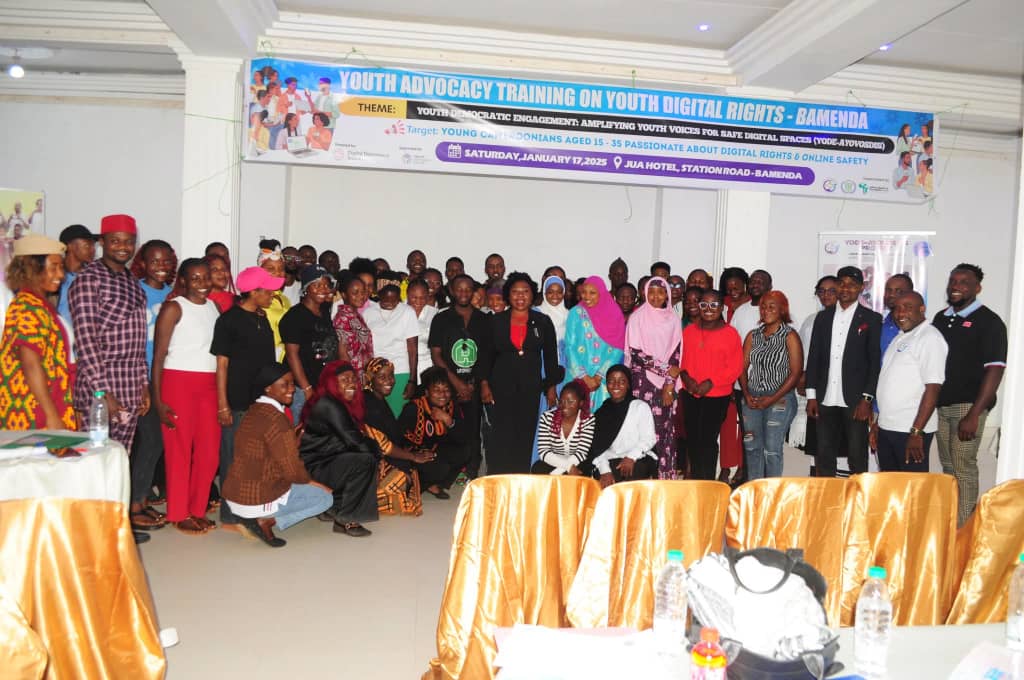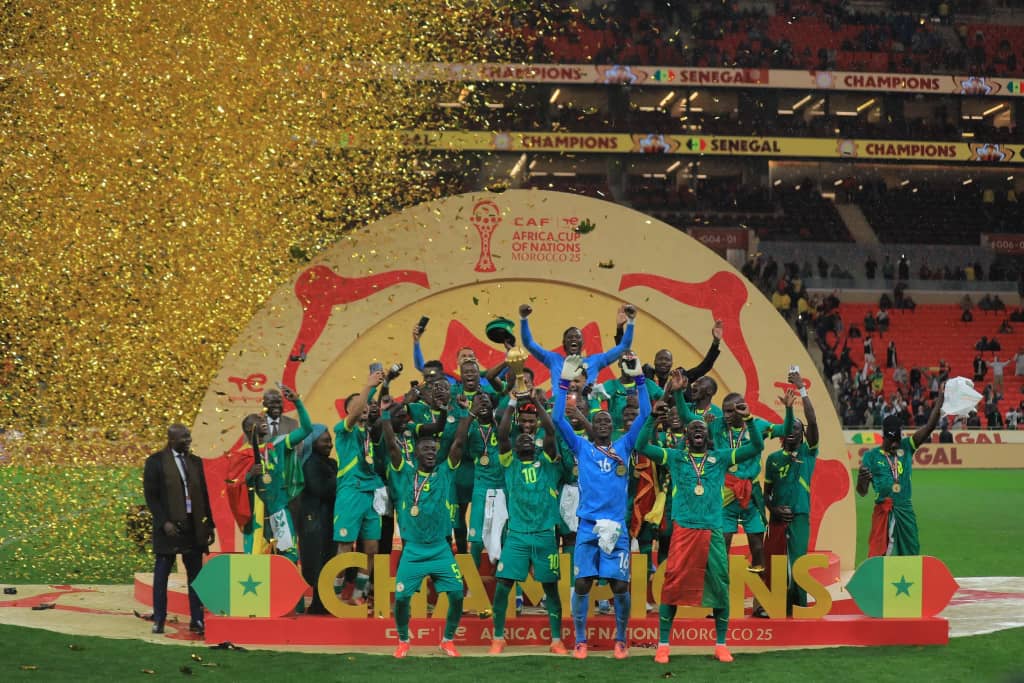One year after Martinez Zogo was kidnapped and killed, some grey areas remain, even as the Military Court continues to investigate. Behind this situation there is a deep-rooted problem with the protection of journalists in the country.
The freedom of the press continues to be a subject of debate in Cameroon. While much ink has been spilled on the Martinez Zogo case over the past year, it is worth remembering that the issue has been haunting everyone ever since. For example, the death in custody of Samuel Wazizi in Yaounde in 2009. We can also underscore the editor-in-chief of Cameroon Expression, Ngota Ngota Germain, who died in Kondengui central prison on April 22, 2010.
Many Cameroonian journalists have been arrested and detained under the 2014 anti-terrorism law and the Anglophone crisis that has rocked the North West and South West regions since 2016, including Mimi Mefo, Ahmed Abba and Mancho Bibix. After Egypt and Eritrea, Cameroon is currently the third largest jailer of journalists in Africa. And the country is currently ranked 138th out of 180 countries by Reporters Without Borders.
The issue of the freedom of the press was at the centre of a discussion held at the end of last week. Samira Daoud, Amnesty international West and Central Africa regional director, and Sadibou Marong, West Africa director for Reporters Without Borders, attended. The meeting took place as part of an advocacy campaign for the protection of journalists in the areas affected by the security crisis.
At this encounter organised by Présence and Orin firm Samira Daoud believes that the government is not doing enough to protect those working in the media. Journalists must also be protected by civil law and human rights in the exercise of their profession. Every year, thousands of journalists are killed around the world, she estimates. Their protection can only be guaranteed by legislation, in particular international laws that must be respected in every country.




